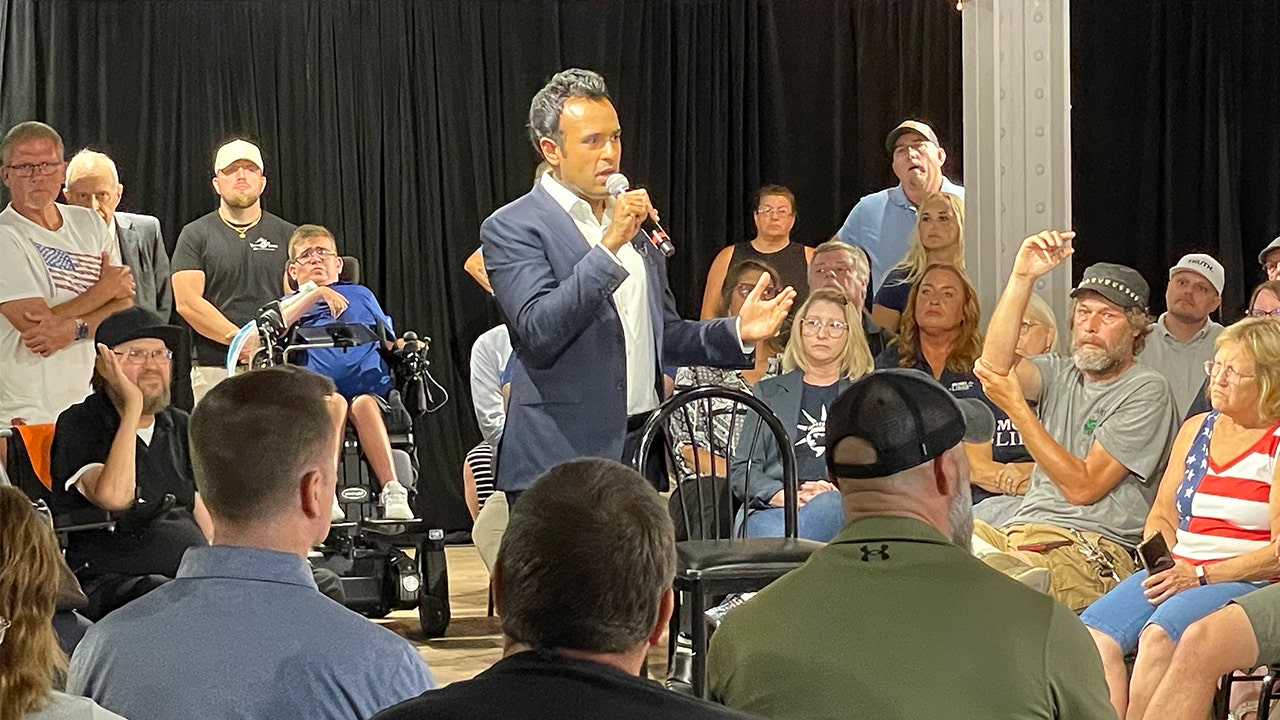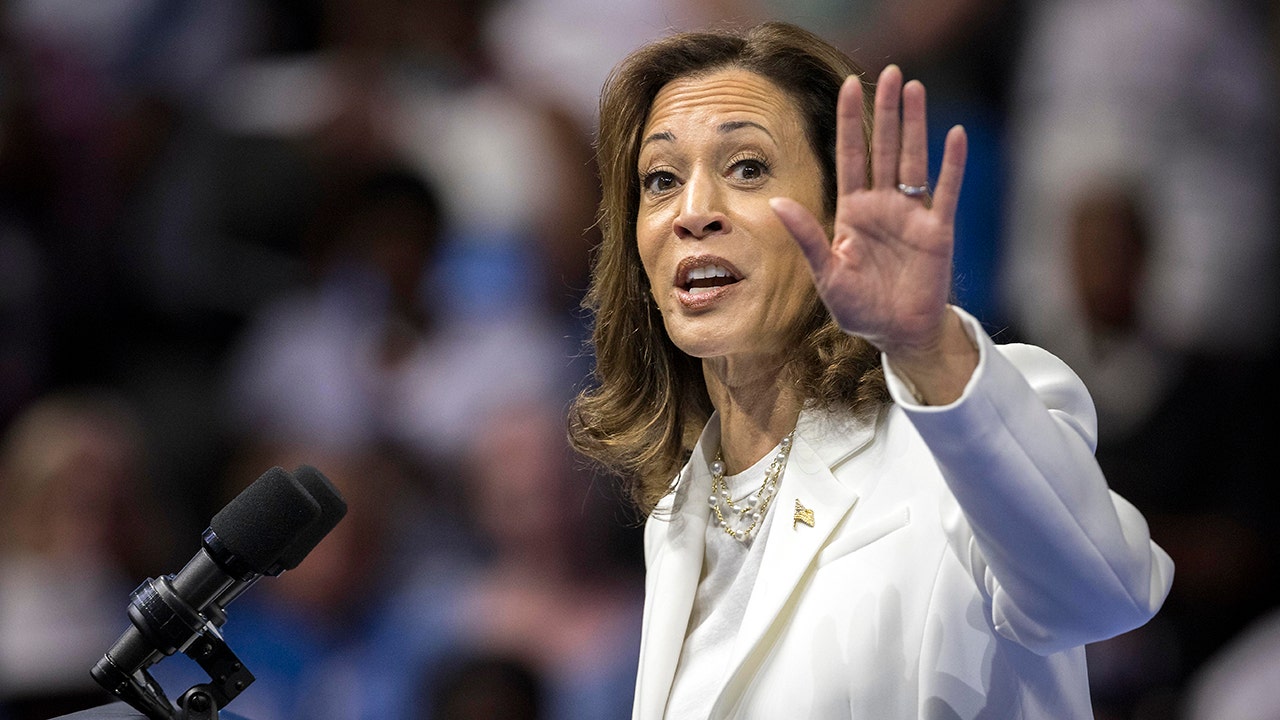Georgia Gov. Brian Kemp signed a bill into law that requires children under 16 to have their parent or guardian’s permission to create social media accounts.
Senate Bill 351, which passed both chambers last month and takes effect July 1, 2025, requires social media platforms like TikTok and Instagram to make “commercially reasonable efforts” to verify the ages of their users. The platforms must decide how they will obtain parental consent for users under 16, such as a signed form or a video call. Social media sites must treat anyone who can’t be verified as underage.
CLICK HERE FOR MORE COVERAGE OF MEDIA AND CULTURE
“We cannot continue to sit by and do nothing as young Georgians develop addictions and disorder and suffer at the hands of online antagonists,” Kemp said when he signed the bill Tuesday. He said the primary aim is to hamper cyberbullying and protect kids from the negative mental health effects related to social media.
Kemp said the “Protecting Georgia’s Children on Social Media Act” will help curb cyberbullying and protect kids from the negative mental health effects related to social media. (Elijah Nouvelage/Bloomberg via Getty Images)
A number of other states, including Louisiana, Texas and Utah, have passed laws requiring parental consent for minors using social media, but a federal judge blocked Arkansas’ enforcement of its law in August. Florida recently passed a law banning social media accounts for children under 14 regardless of parental consent and requiring parental permission for 14- and 15-year-olds.
KIDS ONLINE SAFETY ACT REINTRODUCED IN SENATE EXPECTED TO PASS WITH MAJOR SUPPORT
Georgia’s law also bans social media use on school devices and on school Wi-Fi, requires porn sites to verify users are at least 18 and mandates schools to provide additional education on social media and internet use.
Georgia’s new law also bans social media use on school devices and on school Wi-Fi, requires porn sites to verify users are 18 and over and mandates schools to provide additional education on social media and internet use. (Matt Cardy/Getty Images)
Starting next July, pornography viewers will have to verify their age by uploading a government-issued photo ID to porn sites. If minors are found accessing the adult sites, companies will be held liable and can face fines of up to $10,000 for each child.
Opponents of the law, including NetChoice, a trade group of online businesses, and The Free Speech Coalition argue it violates Georgians’ rights.
“There are better ways to protect Georgians, their families and their data online without infringing on their freedoms or jeopardizing their safety and security,” Carl Szabo, NetChoice’s vice president and general counsel, said in a statement.
Teny Sahakian is an Associate Producer/Writer for Fox News. Follow Teny on Twitter at @tenysahakian.




